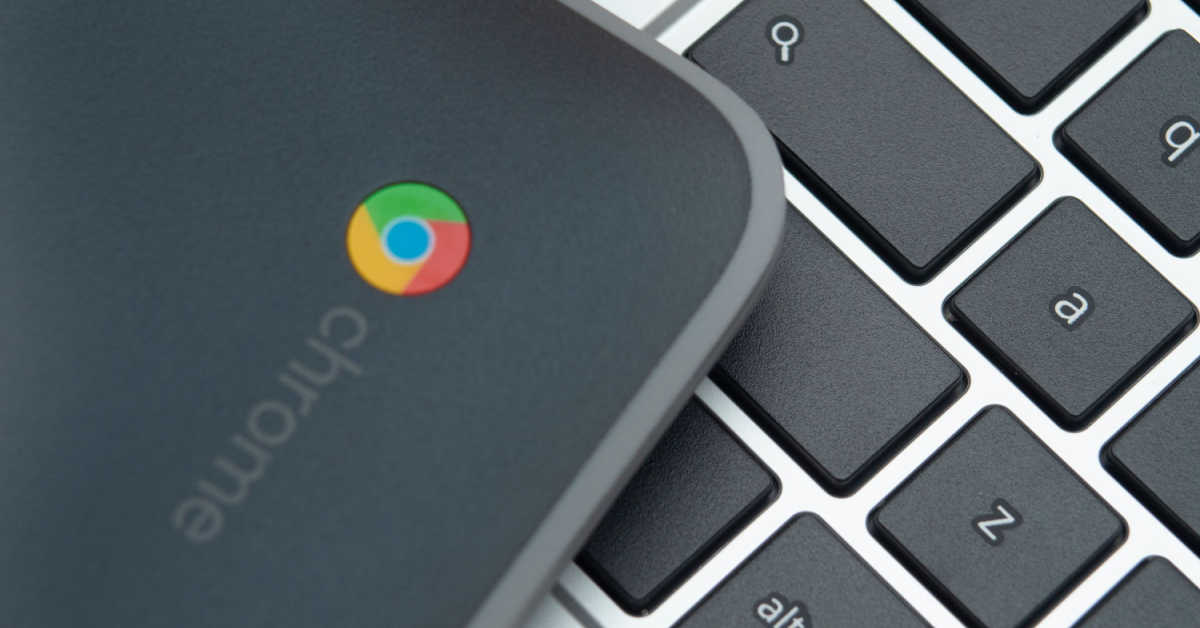Not mine but sounds like a showerthought to me. TL;DR ChromeOS is the “wrong” version of Linux and has 4% while GNU/Linux has 3%
Interesting read. I was genuinely surprised to read that ChromeOS has 4%+ desktop market share. It’s not popular at all where I am from. I’ve never ever seen one in person.
I used to sell laptops. Most of my customers were elderly people who only needed to watch Netflix, do their banking, check emails, etc. Chromebooks flew off the shelves.
It was the College-bound kids who insisted on a proper laptop.
Extremely old and extremely young people get them
Never understood why “market share” matters to so many Linux enthusiasts. It’s not like Linux is a product that needs to generate revenue.
Because the biggest practical downside of Linux is a lack of natively developed big name software. It’s annoying to find some great software that perfectly meets your needs and then discover than it can’t run with decent performance on Linux.
Market share growing means that Linux becomes a better and more accessible option.
So what’s the magical percentage of market share that gets Adobe to port their proprietary software over to Linux?
If they support Macs then whatever these things’ market share is, I suppose.
Wikipedia is using this site as the source, and that site shows around 20% market share for Mac. Linux is at 3% and ChromeOS is at 4%, so if you combine them and double that it still isn’t at 75% of the market share Mac has.
This isn’t mentioning that dealing with Linux compatibility is more annoying than Mac or Windows compatibility. Macs are very uniform, Windows has a giant making sure everything is compatible, and Linux has 900 distros that will never agree to co-operate.
900 distros
Flatpak
Windows is also ridiculously good at backwards compatibility. Mac frequently just breaks old software and Linux is largely unconcerned because they assume anyone that cares will find a way. That backwards compatibility is over of the major keys to Windows success with developers.
But Linux is good at backward compatibility tho. Linus Torvalds leadership made sure that very few if at all any changes to the kernel will break existing userland. This means that if you have a program with their needed dependencies in the right version (which is easy with docker/flatpak/appimage) your programs will run flawlessly even if they are from the 90s.
I’m pretty sure that’s just default userland and foreign packages still update frequently and kernel updates might’ve broken syscalls not used by default userland.
Y’all have some wierd showers.
When taking into account, how much of Windows has become Linux, the percentage should be much higher.
…how much of Windows has become Linux?
deleted by creator
- you did not have to say that 4 times lol
- these are SUBSYSTEMS. WSL is basically a very good virtual machine. WSA uses something called “intel bridge” which idk what it means but anyways most people agree that Android isn’t really Linux.
- Sorry, I had issues with my client
- Still, Windows benefits from Linux more than ever
It benefits from Linux a bit more than virtual machines







